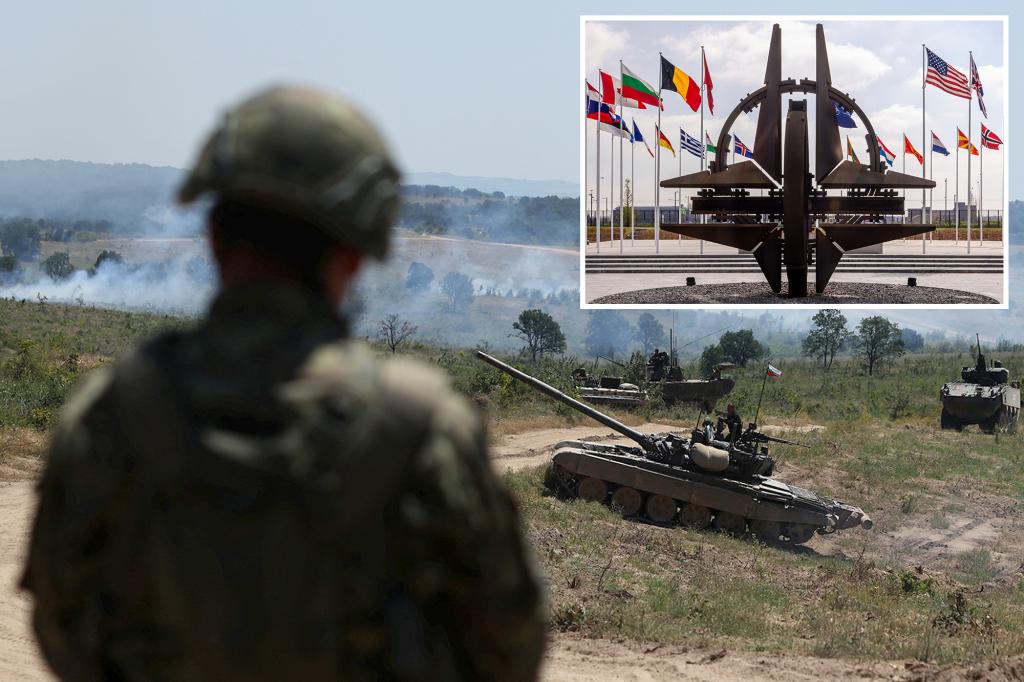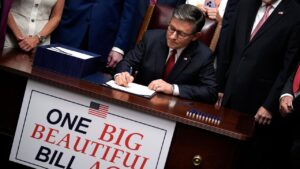
BRUSSELS/MADRID, June 22 — NATO members have agreed to significantly raise their defense spending target to 5% of GDP, a move heavily advocated by U.S. President Donald Trump. However, Spain has announced it will not adhere to this new target, just days before a crucial summit in The Hague intended to demonstrate alliance unity.
The decision was confirmed on Sunday after NATO officials worked tirelessly to finalize a summit statement reflecting the new spending commitment. Despite the consensus, Spanish Prime Minister Pedro Sanchez declared on Thursday that Spain would not commit to the 5% target.
Spain’s Stand Against Increased Spending
NATO Secretary-General Mark Rutte proposed a plan to meet the new target by increasing NATO’s core defense spending from 2% to 3.5% of GDP, with an additional 1.5% allocated to areas such as cybersecurity and infrastructure enhancements for military mobility. However, Spain quickly announced it would only spend 2.1% of GDP to meet NATO’s core military requirements.
“We fully respect the legitimate desire of other countries to increase their defense investment, but we are not going to do so,” Sanchez stated in a televised address. Spain’s defense expenditure in 2024 was 1.24% of GDP, approximately 17.2 billion euros ($19.8 billion), making it the lowest in the alliance relative to its economic output.
Rising Tensions with the U.S.
The Spanish position is likely to lead to a confrontation with President Trump, who has repeatedly criticized European nations for inadequate defense spending and has suggested that the U.S. might not defend those who fail to meet their targets. On Friday, Trump remarked that Spain “has to pay what everybody else has to pay” and labeled Madrid as “notorious” for its low defense spending.
Despite his criticisms, Trump also indicated that the U.S. should not be bound by the new target, given its historical financial commitment to European security. In 2024, the U.S. defense spending was estimated at 3.19% of GDP, according to NATO.
“Spain has to pay what everybody else has to pay,” Trump said, emphasizing the need for equitable defense contributions among NATO members.
Implications for NATO’s Unity
Spain’s refusal to meet the new target could have broader implications for NATO’s cohesion. The alliance has argued that increased defense spending is essential to counter threats from Russia and to enable Europe to assume greater responsibility for its security as the U.S. focuses more on China.
While the compromise summit text remains undisclosed, it reportedly includes language adjustments allowing Spain to interpret the pledge as non-binding. A letter from Rutte to Sanchez, seen by Reuters, confirmed Spain’s “flexibility to determine its own sovereign path” regarding military capability targets.
A NATO diplomat commented, “All allies have now agreed to the summit statement – which includes the new defense investment plan,” highlighting the collective agreement despite Spain’s stance.
Looking Ahead
The final text sets a 2035 deadline for meeting the new spending target, with a review scheduled for 2029. This timeline offers NATO members, including Spain, a window to adjust their defense strategies and budgets accordingly.
As NATO navigates these internal disagreements, the alliance’s ability to present a unified front in the face of external threats remains crucial. The upcoming summit in The Hague will be a test of NATO’s resilience and adaptability in an increasingly complex global security environment.




